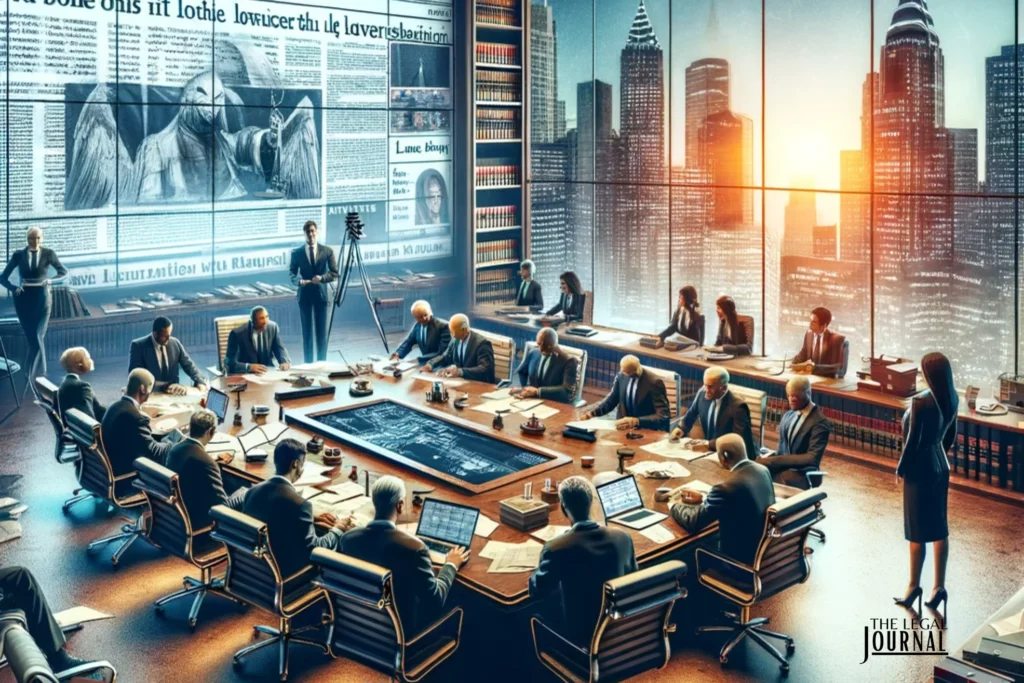The Legal Maze of Deepfakes: Celebrities’ Rights vs. AI Technology
The rapid advancement of artificial intelligence (AI) and its integration into various sectors has been nothing short of astonishing. One particular area where AI has made significant inroads is in the creation of deepfakes. As the name suggests, deepfakes are counterfeit videos or audio recordings made using AI that can mimic real individuals, often celebrities. The proliferation of this technology poses serious questions about its potential misuse and the avenues available for redress.
Key Points:
- Deepfakes manipulate real images and sounds to create counterfeit content, often deceiving audiences.
- Celebrities like MrBeast and Tom Hanks have fallen victim to scams utilizing AI-manipulated endorsements.
- The legal landscape is struggling to keep up, with few precedent cases setting the norm.
- While the Reface lawsuit offers a potential avenue for legal redress, enforcing rights can be complex.
- Constant vigilance and international collaboration may be the key to combating the deepfake menace.
Celebrity figures like MrBeast and Tom Hanks have found themselves ensnared by AI scams. AI-created videos as a misleading portrayal endorsing products or services, deceiving countless fans. This raises the issue of how the law can keep pace with such rapidly evolving technology.
The lawsuit against the AI app named Reface, is a pivotal point in the battle against the misuse of deepfakes. The case centers on the unauthorized use of celebrities’ likeness, essentially questioning whether an individual’s right to their image outweighs artistic freedom. The lawsuit against Reface holds promise for those seeking redress. US District Judge Wesley Hsu recently denied the company’s motion to dismiss the suit. This is seen as a landmark judgment, especially since Reface argued that the face-swapping technology was a medium of artistic expression.
Eleanor Lackman, an intellectual property attorney, opined that while the right-of-publicity law in California strongly upholds free speech, the commercial use of a celebrity’s image to advertise products or services provides a tangible ground for legal action. The growing menace of deepfakes doesn’t make legal recourse straightforward. Tracking and suing anonymous online entities is resource-heavy and time-consuming. As William Briggs, a partner at Venable LLP, points out, determining the worth of filing a lawsuit is a nuanced issue. Factors like the magnitude of false endorsement profits play a crucial role.
While major platforms might comply with takedown requests, challenges abound with less reputable or overseas sites. International collaboration and constant vigilance are, therefore, pivotal in this fight against deceptive deepfakes.
As AI technologies like deepfakes become more sophisticated, the legal world must adapt swiftly. Protecting the rights of individuals, especially those in the limelight, is paramount. While the Reface lawsuit provides a blueprint, a comprehensive, global approach is essential to truly combat the threats posed by AI-generated counterfeits.



